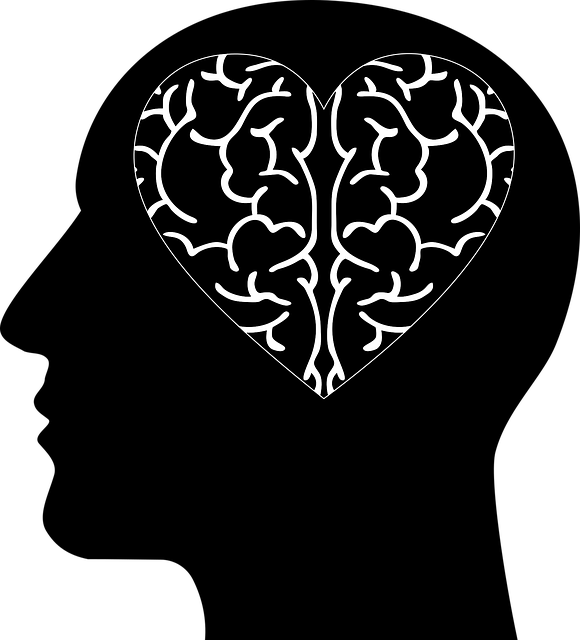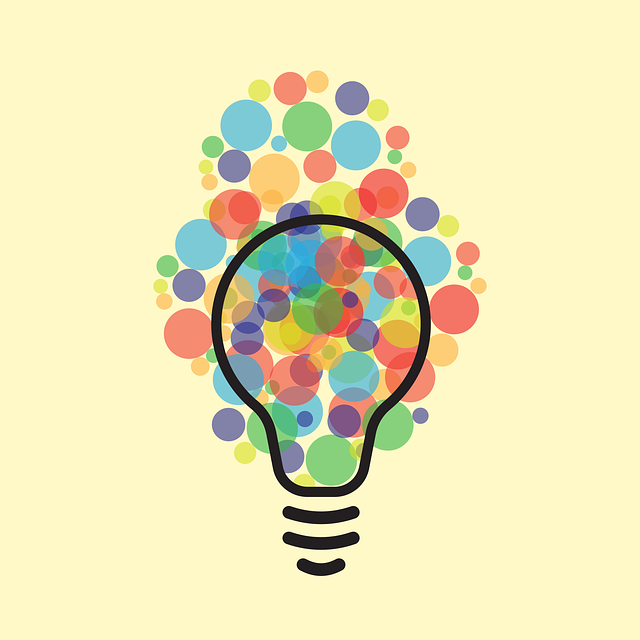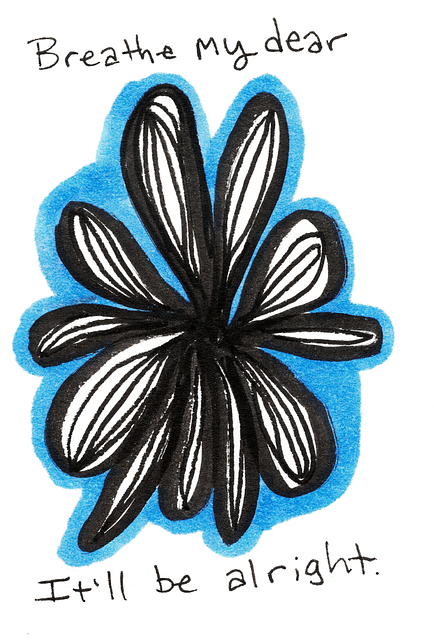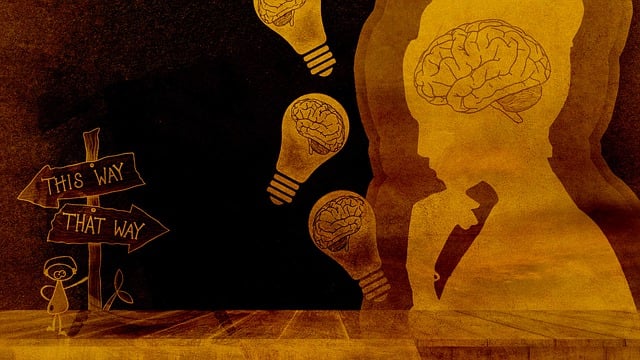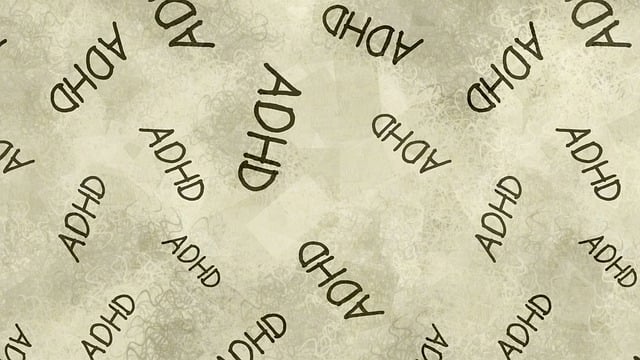Identifying risks in mental health care for seniors is key to ensuring safe and effective support. Older adults face unique challenges like cognitive decline, physical limitations, and social isolation, making them susceptible to mental health issues such as depression, anxiety, and delirium. Effective risk assessment involves exploring medical history, current medications, and recent life changes. Tailored interventions, including therapy for anger management, social skills training, and self-care practices, enhance elders' coping abilities and overall well-being. By integrating these strategies, mental health professionals offer comprehensive care that promotes long-term emotional well-being, focusing on Therapy for Elders and Anger Management techniques.
Mental health professionals play a vital role in elderly care, but they face unique risks. This article navigates the crucial aspect of risk assessment within mental health practice, specifically focusing on working with elders. We explore identifying and managing risks, with a keen emphasis on anger management—a critical component when addressing issues among elderly clients. Through effective assessment techniques and strategic mitigation, professionals can enhance their practices and ensure safe, quality care for this vulnerable population, incorporating relevant SEO keywords like ‘therapy for elders’ and ‘anger management’.
- Identifying Risks in Mental Health Practice with Elders
- Anger Management: A Critical Component for Elderly Clients
- Assessment Techniques for Mental Health Professionals
- Strategies to Mitigate and Manage Potential Hazards
Identifying Risks in Mental Health Practice with Elders

Identifying risks in mental health practice with elders is a critical component of ensuring safe and effective care. Elders often present unique challenges, including cognitive decline, physical limitations, and social isolation, which can increase vulnerability to mental health issues. Mental health professionals must be vigilant in assessing these risks, considering the potential for depression, anxiety, and even delirium in older adults.
Effective risk assessment involves exploring various factors such as past medical history, current medications, and recent life changes. Specific concerns like anger management should be addressed through tailored interventions, such as therapy designed to help elders manage frustration and aggression. Complementary strategies like social skills training, self-awareness exercises, and self-care practices can also enhance their coping abilities and overall well-being.
Anger Management: A Critical Component for Elderly Clients

Anger management is a critical component for mental health professionals working with elderly clients. As individuals age, they may face various challenges that contribute to feelings of frustration and anger, such as physical limitations, health issues, or social isolation. These emotions, if left unaddressed, can significantly impact the emotional healing processes and overall well-being of older adults. Therapists play a pivotal role in helping seniors navigate and manage their anger constructively, enabling them to regain control over their lives.
Effective therapy for elders focused on anger management incorporates tailored strategies and techniques that cater to the unique needs and experiences of this demographic. By teaching emotional regulation skills, stress management techniques, and mind over matter principles, mental health professionals empower elderly clients to transform negative emotions into positive actions. This holistic approach not only improves their current quality of life but also fosters resilience and enhances their ability to cope with future challenges.
Assessment Techniques for Mental Health Professionals

Mental health professionals employ a range of assessment techniques to understand and address their clients’ unique needs effectively. One crucial aspect is evaluating older adults’ emotional well-being, which often involves specialized approaches tailored to this demographic. For instance, therapists may utilize cognitive assessments to identify any cognitive decline or depression, common issues among the elderly population. Additionally, integrating therapy for elders with anger management strategies can be transformative, as it helps uncover and address underlying triggers.
The Mind Over Matter principles are applied here to empower clients with coping mechanisms, fostering emotional resilience. Trauma support services also play a significant role, especially when dealing with intergenerational trauma. By combining these techniques, mental health professionals can offer comprehensive care, promoting not just symptom relief but also long-term emotional well-being.
Strategies to Mitigate and Manage Potential Hazards

Effective risk assessment for mental health professionals involves proactive strategies to mitigate and manage potential hazards. One key area is therapy for elders where age-specific considerations are vital. Tailored therapeutic approaches, such as cognitive behavioural therapy (CBT), can help older adults manage mood disorders, including anger issues, through communication strategies that cater to their unique needs and cognitive abilities.
Additionally, integrating stress reduction methods into clinical practice empowers professionals to create a safe and supportive environment. This includes techniques like mindfulness, relaxation exercises, and emotional regulation training. Furthermore, mental health education programs design focused on risk assessment and management can equip practitioners with the knowledge and skills to anticipate and address emerging challenges, fostering a more secure working atmosphere.
Mental health professionals play a vital role in enhancing the well-being of elderly clients. By identifying risks specific to this demographic, such as managing anger and assessing unique needs, therapists can provide tailored support. Implementing effective assessment techniques and strategies to mitigate potential hazards is crucial for creating a safe environment. Integrating anger management techniques into therapy for elders not only addresses a critical need but also empowers professionals to make a significant positive impact in their lives.
